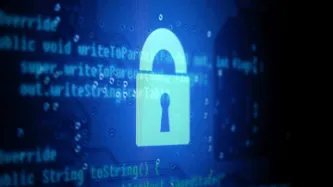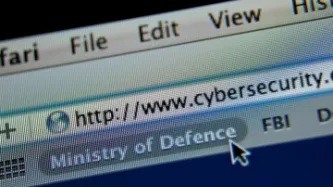Search
Content type: News & Analysis
This is the story of Privacy International's journey to building more secure services. Data collection and administering sensitive data on the open web is risky, and PI had to learn this the hard way.
Many companies say that the privacy of their audiences is their top priority. But do they mean it? Do they invest in it? Doing security on tight budgets is incredibly hard. But it is the natural state of the non-profit sector. We learned this through challenging experiences.…
Content type: News & Analysis
Photo Credit: MoD UK
‘Security’ in the policy world has practically no currency without a specific prefix. For example, we could discuss 'national' security as distinct from 'consumer' security or 'energy' security. ‘Cyber’ security is the new prefix on the policy block, and it is gradually forcing a rethink on what it means to be secure in a modern society. In the course of Privacy International’s work globally, we have observed that many governments frame cyber security as national security…
Content type: News & Analysis
The past few years have seen a huge rise in the number of attacks both active and passive, against organisations big and small. Attacks against organisations happen for a multitude of reasons: extortion via "ransomware", exfiltration of commercial secrets, or just "the lulz". While this can be crippling to a commercial business, it can potentially be devastating to an NGO, especially those which work to hold powerful institutions to account. The types of information held by such NGOs could…
Content type: News & Analysis
On a hot day in Nairobi, our researcher is speaking to an officer of Kenya’s National Intelligence Service (NIS). The afternoon is wearing on and the conversation has turned to the presidential elections, taking place in August this year. He has just finished describing the NIS’ highly secret surveillance powers and the disturbing ways in which these powers are deployed.
“It is what you might call ‘acceptable deaths,’” he states about the misuse of communications surveillance powers. “People…



